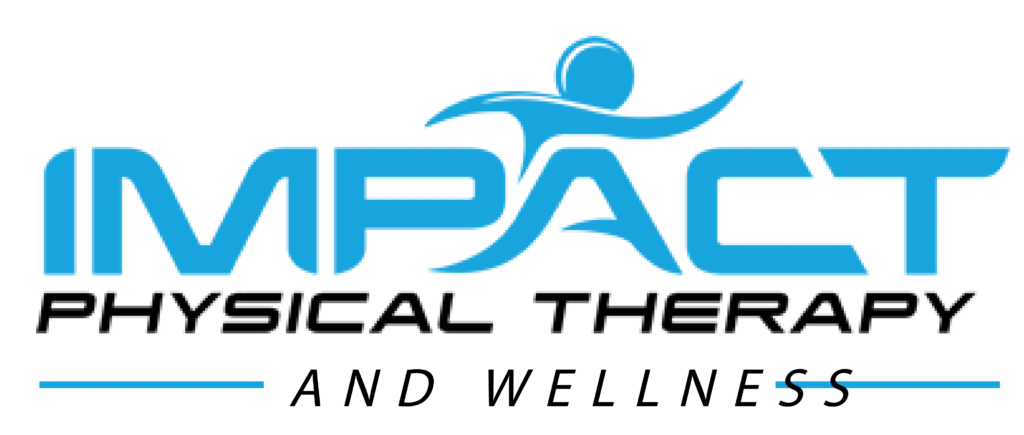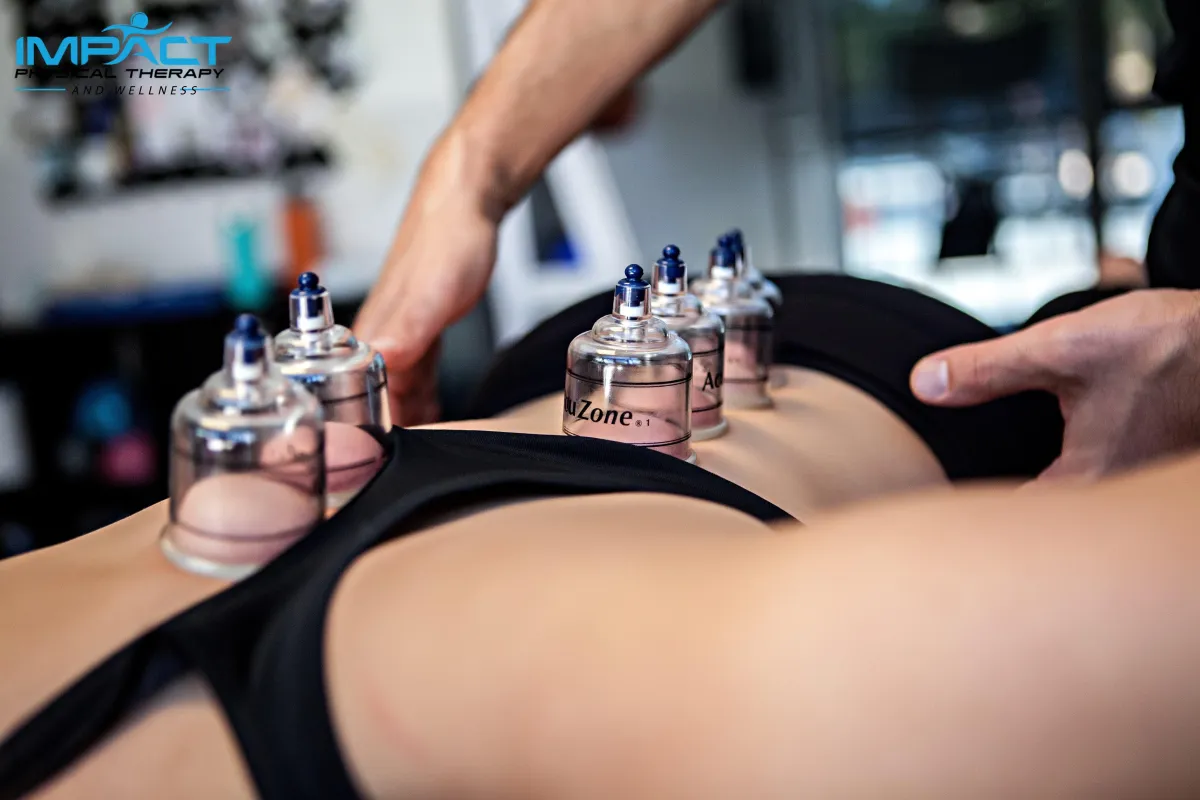
Welcome to Our Blog

Unpinch the Pain: A Guide to Relieving a Pinched Nerve
"Unpinch the Potential: Freeing Your Back from Nerve Strain and Reclaiming Comfortable Mobility!"
Introduction:
A pinched nerve is a common condition that occurs when there is excessive pressure on a nerve by the surrounding tissues, such as muscles, bones, or tendons. This pressure can cause pain, numbness, tingling, or weakness in the affected area. Physical therapy is a non-invasive, conservative treatment approach that can help fix a pinched nerve and alleviate its symptoms. In this blog post, we will discuss how physical therapy can help in fixing a pinched nerve.
Physical therapy aims to reduce the pressure on the affected nerve by improving the mobility and flexibility of the surrounding tissues. A physical therapist will perform a thorough evaluation of the patient's condition and develop a personalized treatment plan that may include exercises, stretches, manual therapy, and other modalities. The goal of physical therapy is to restore the normal function of the affected nerve and prevent further damage.
Exercises play a crucial role in physical therapy for a pinched nerve. Strengthening exercises can help improve the stability and support of the affected area, while stretching exercises can help improve the flexibility and mobility of the surrounding tissues. Additionally, a physical therapist may use manual therapy techniques, such as massage or mobilization, to help release the pressure on the affected nerve.
Experiencing a pinched nerve in the low back can be quite discomforting, but certain exercises may help alleviate symptoms and promote healing. Remember to consult with a healthcare professional before attempting any exercises, especially if you have a medical condition or are experiencing pain. Here are five exercises that are often recommended for a pinched nerve in the low back:
Knee-to-Chest Stretch: Lie on your back with your legs extended. Gently bring one knee towards your chest, using your hands to hug it. Hold for 15-30 seconds, then switch to the other knee. This stretch helps release tension in the lower back and can provide relief for a pinched nerve.
Pelvic Tilts: Lie on your back with your knees bent and feet flat on the floor. Tighten your abdominal muscles and flatten your lower back against the floor by gently tilting your pelvis. Hold for a few seconds, then release. This exercise engages the core muscles and can reduce pressure on the pinched nerve.
Cat-Cow Stretch: Begin on your hands and knees, with your wrists aligned under your shoulders and your knees under your hips. Inhale as you arch your back and lift your head (cow pose), and exhale as you round your back, tucking your chin towards your chest (cat pose). This gentle spinal movement helps relieve tension and can alleviate pressure on the pinched nerve.
Child's Pose: Start on your hands and knees, then sit back onto your heels while extending your arms in front of you. Rest your forehead on the floor or a cushion. Hold this position for 20-30 seconds. Child's Pose gently stretches the lower back and provides a soothing sensation to the affected area.
Piriformis Stretch: Lie on your back with both knees bent. Cross one ankle over the opposite knee, creating a figure-four shape. Gently bring the lower knee towards your chest until you feel a stretch in the buttocks area. Hold for 20-30 seconds, then switch sides. This stretch targets the piriformis muscle, which can contribute to low back pain when it's tight.
Remember, these exercises should be performed with caution and should not cause any pain. If you experience increased pain or discomfort while doing any of these exercises, stop immediately and consult a healthcare professional. Additionally, proper form and technique are crucial to ensuring the effectiveness and safety of these exercises.
In conclusion, physical therapy is an effective treatment approach for a pinched nerve that can help alleviate the symptoms and improve the patient's quality of life. It is a non-invasive, conservative approach that focuses on improving the mobility, flexibility, and function of the affected area. If you are experiencing the symptoms of a pinched nerve, consult with a physical therapist to develop a personalized treatment plan.
References:
https://www.ncbi.nlm.nih.gov/pmc/articles/PMC6292164/
https://www.ncbi.nlm.nih.gov/pmc/articles/PMC6310693/
https://www.ncbi.nlm.nih.gov/pmc/articles/PMC7919688/
At Impact Physical Therapy, we focus on YOUR entire system
to not only identify the source of your symptoms, but to also treat the root causes of your shoulder pain.
We have helped hundreds of patients just like yourself avoid surgery, and pain killers by providing a hands on approach. Whether you have tried physical therapy somewhere else, have had pain for years, use pain killers or have tried EVERYTHING …. WE CAN HELP YOU.
Get in for a Free Consultation and let us show you why hundreds of patients have succeeded and now live a happy and active life.
Become one of the hundreds of patients that we have helped get back to an active life!
Why Impact Physical Therapy?
At Impact Physical Therapy, we focus on your entire movement system to not only identify the source of your symptoms, but to also treat the causes of your shoulder pathology.
We feel so confident that you will love the experience – this is why we have a 100% satisfaction guarantee!
Become one of the hundreds of patients that we have helped get back to an active life!
What to Expect from Us:
One-on-one care with a Doctor of Physical Therapy
Individualized plan of care
Innovative techniques such as cupping, dry needling, and kinesiotape
Easy lines of communication
Fast results
Friendly environment where everyone knows your name
Clean, fun and memorable